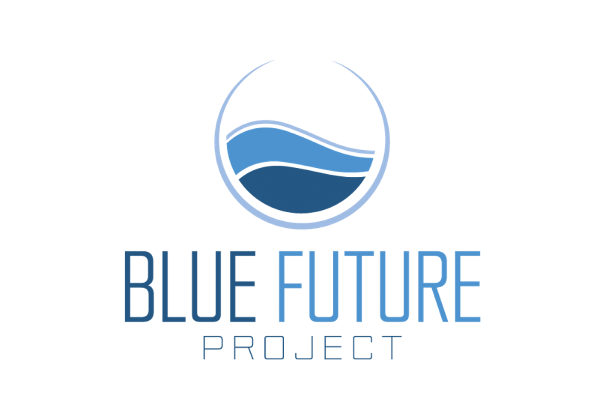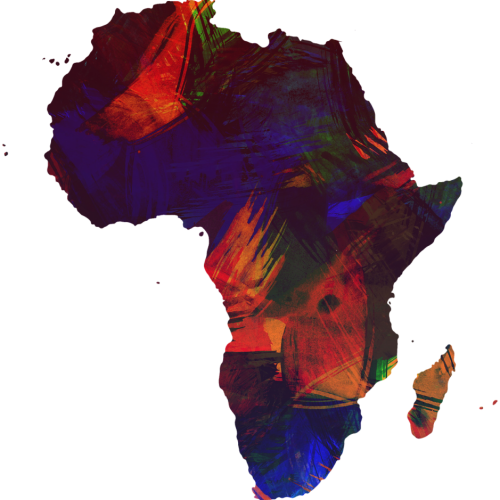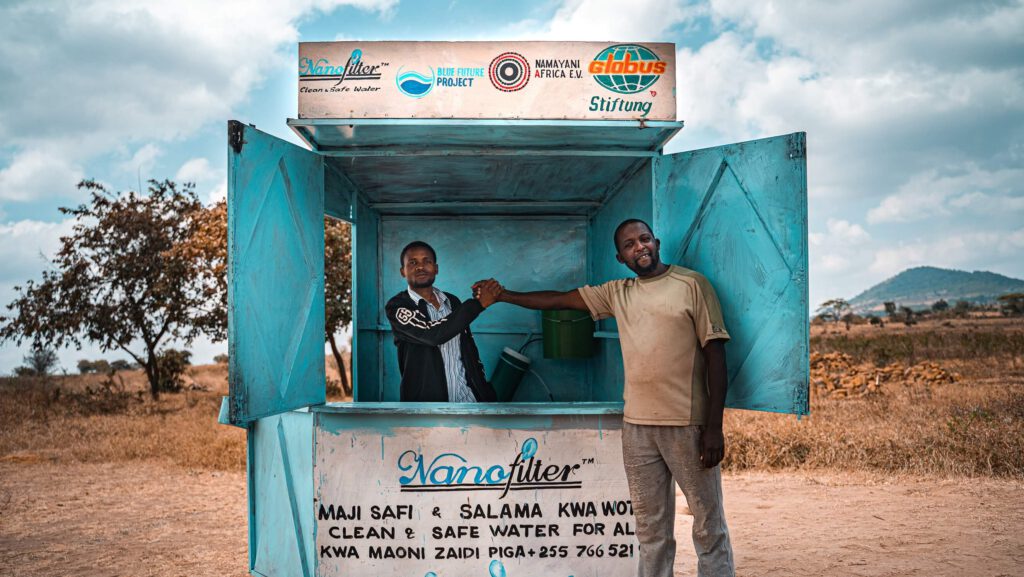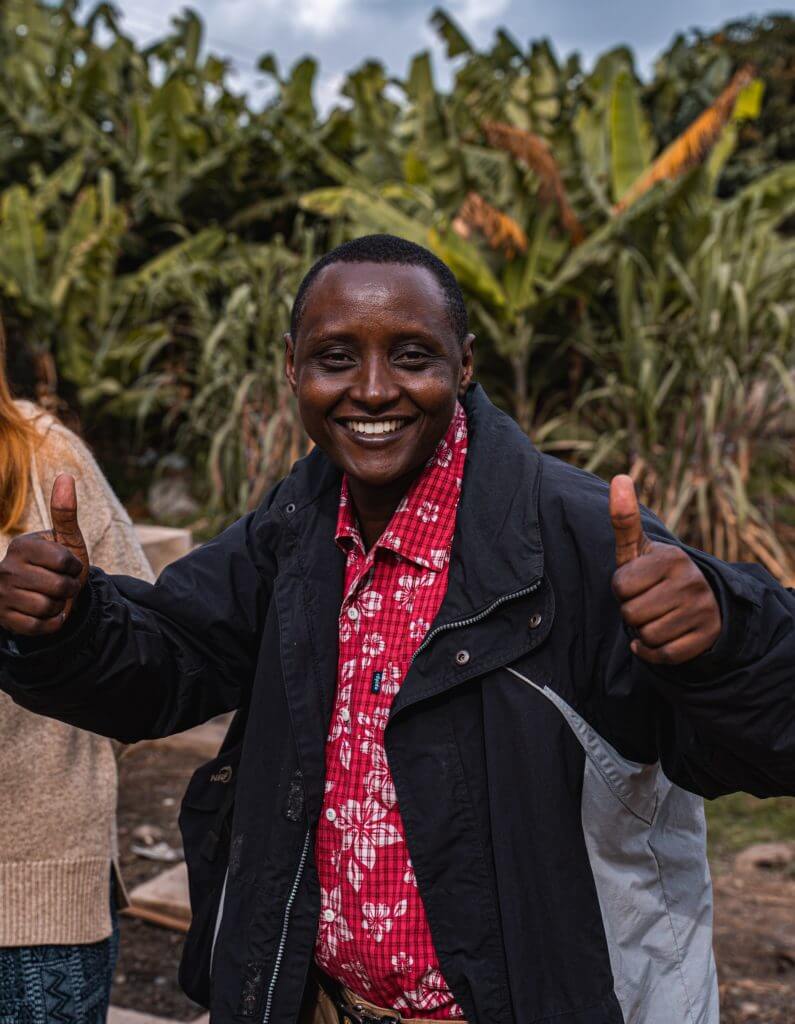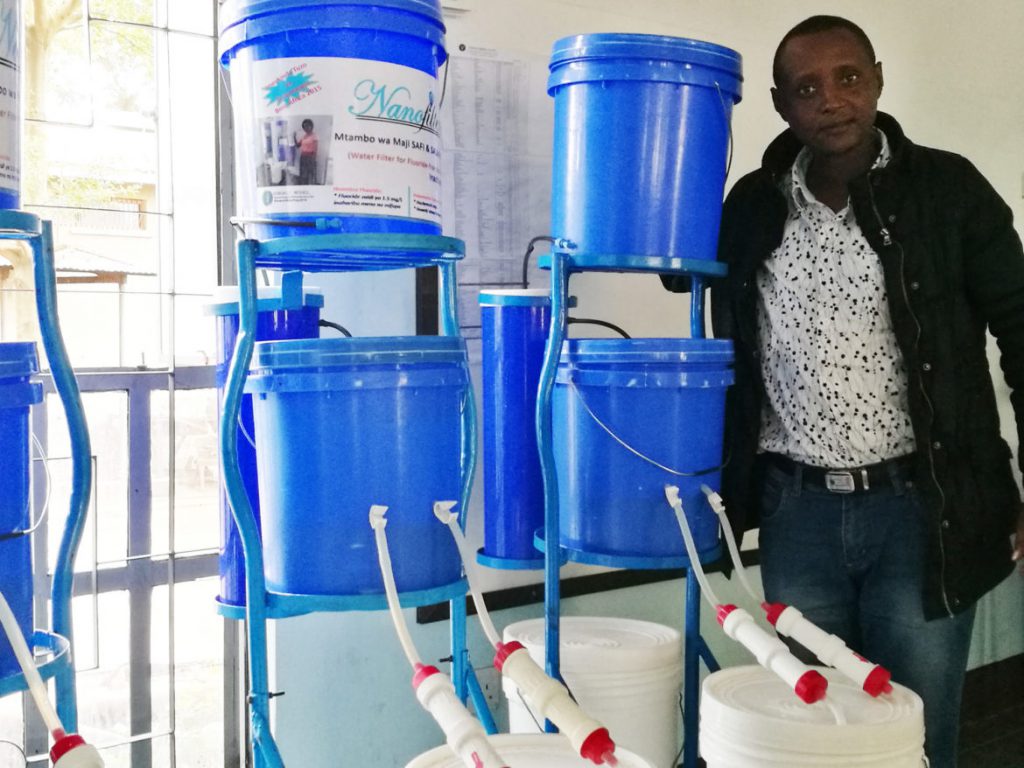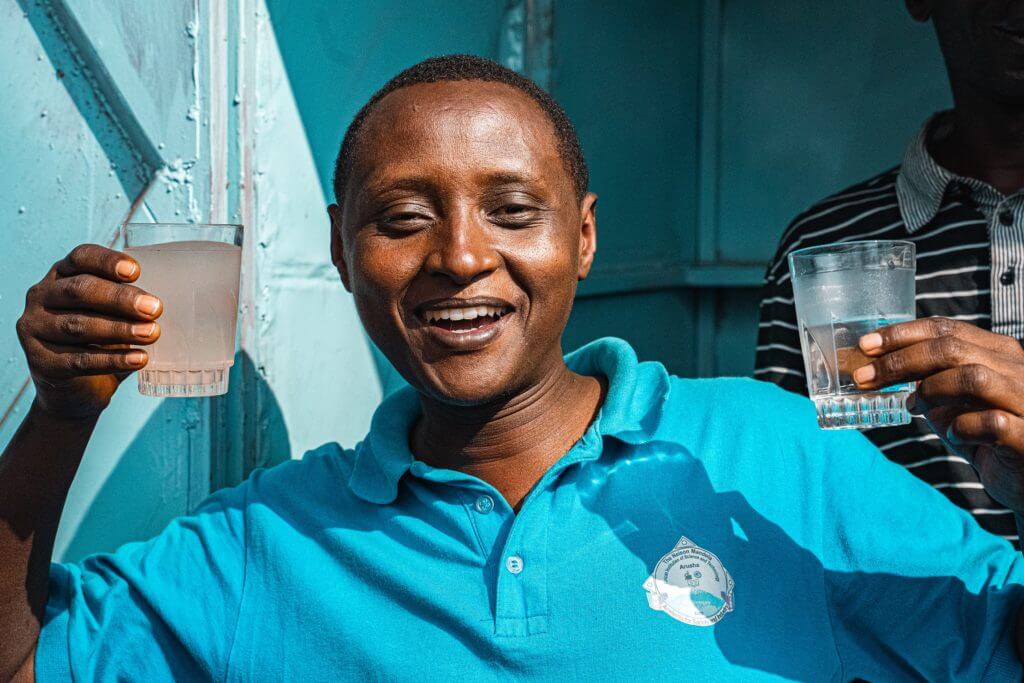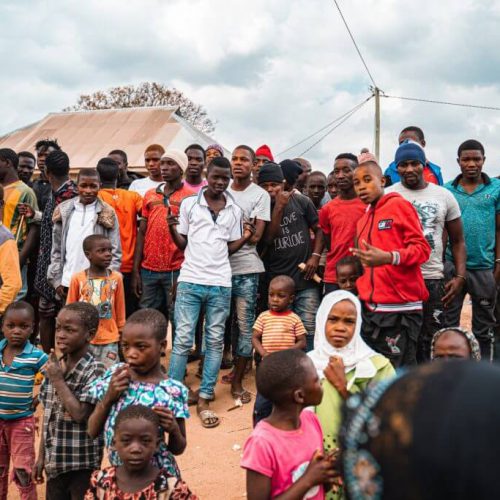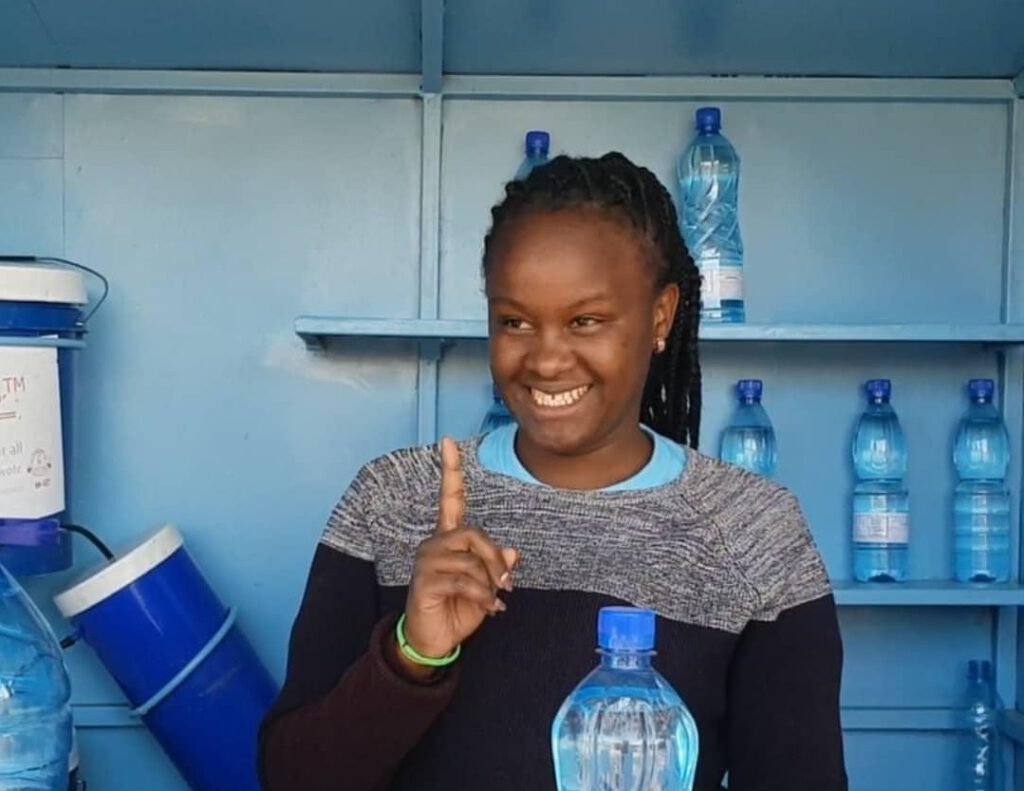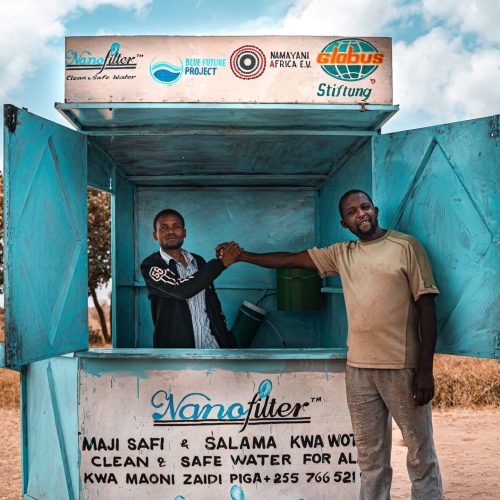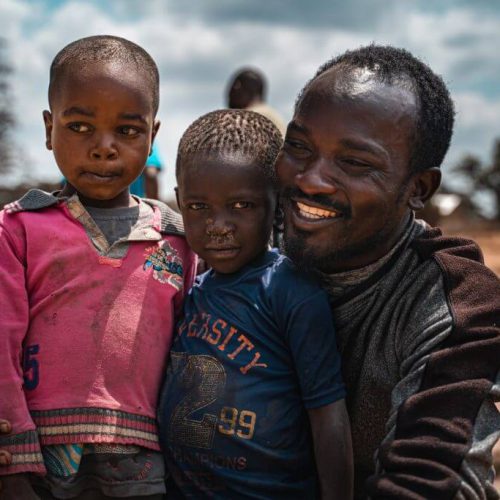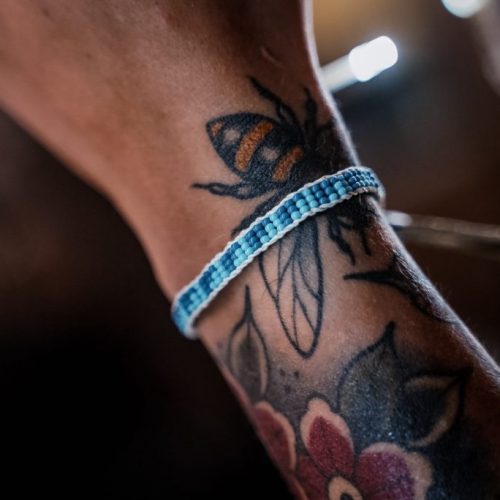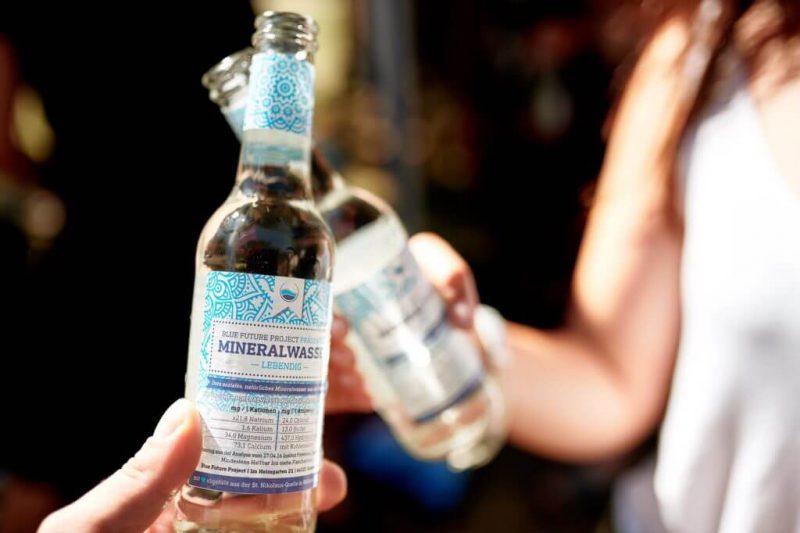

Play Video
BlueFuture Project
Access to clean drinking water
319 million people in Africa have no access to clean drinking water. In Tanzania alone, around half the population only has access to water from contaminated sources. A condition that is unthinkable for us. The consequences are particularly severe for children: every year, 7,000 children die of waterborne diseases in Tanzania alone. This condition is the result of exploitation, misguided development aid and free trade agreements that keep African countries trapped in the cycle of poverty. With our holistic approach, we want to change the status quo. That is why we invest in local solutions, by creating local jobs and perspective.
